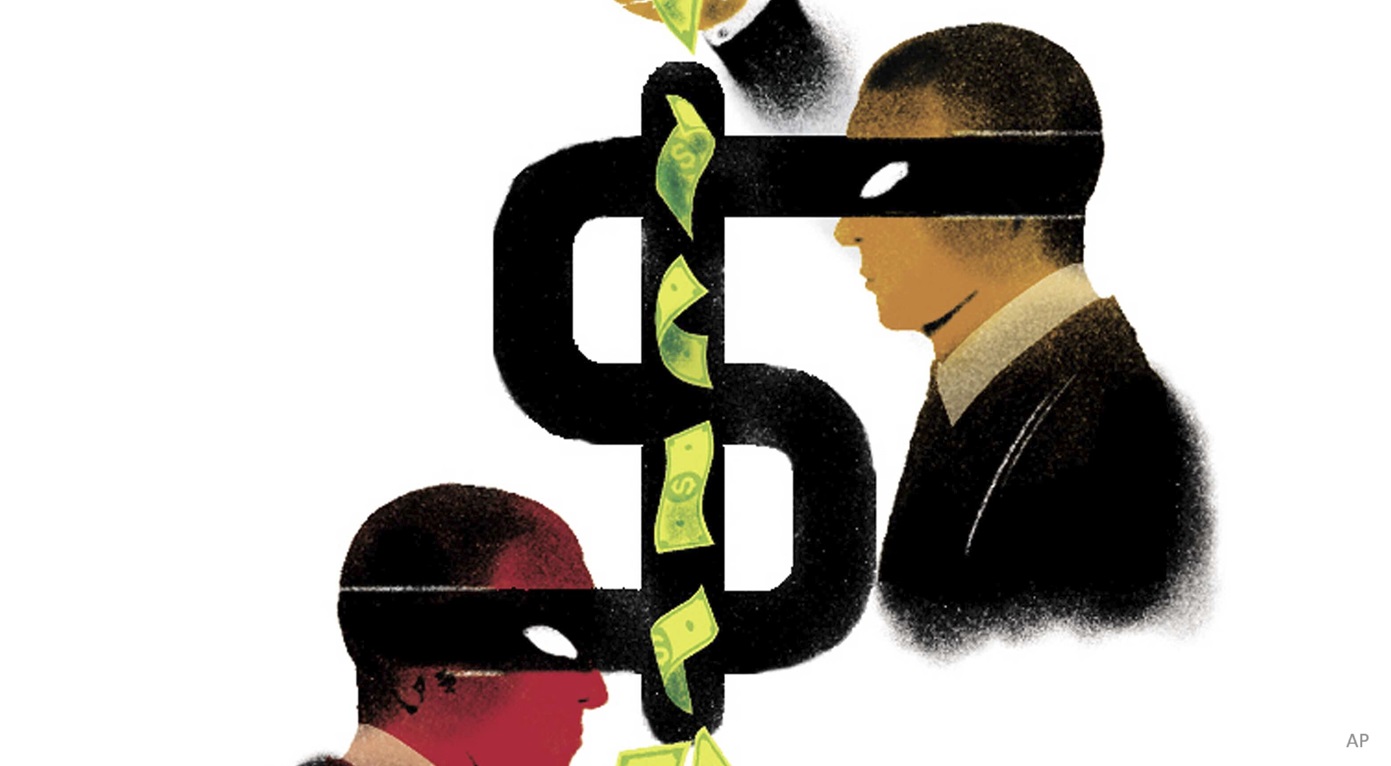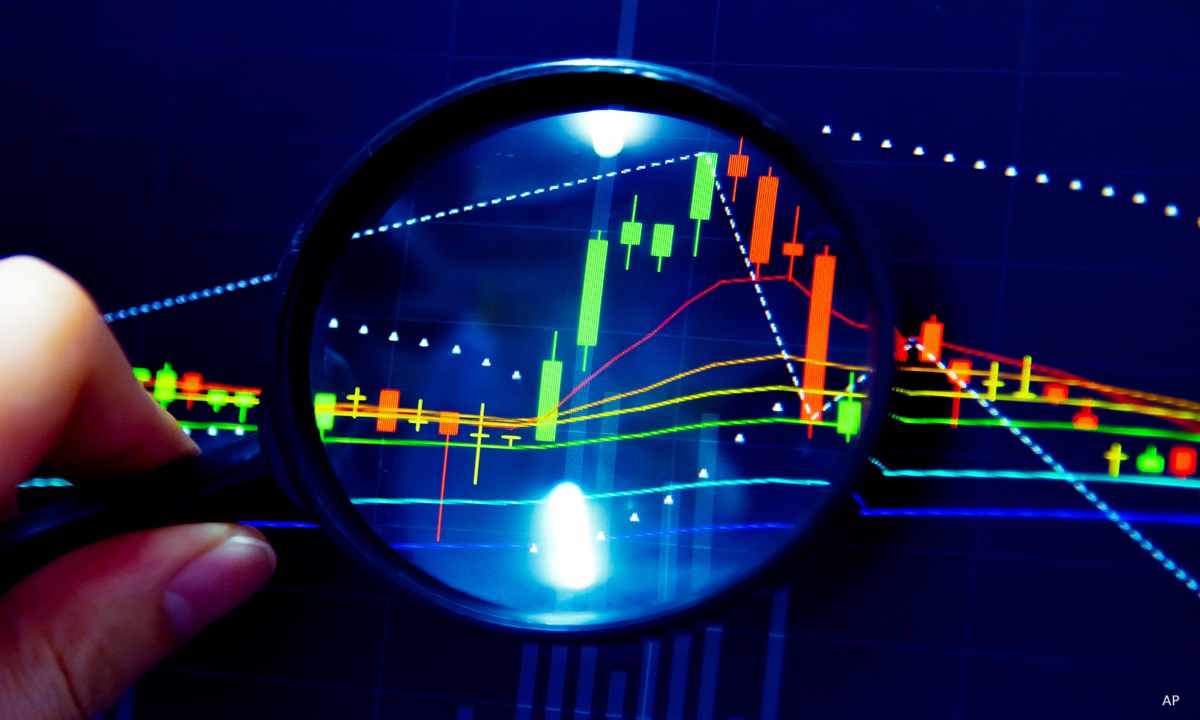Gavin Ivory, vice-president and head of the global equity team at Beutel, Goodman & Co. Ltd., says that investors have thrown in the towel when it comes to equities, and therein lies the opportunity for a value manager.
"The volume of equity trading is down to the level that it was at the end of 2008, during the global financial crisis, and cash positions among fund managers are the highest they have been for some time."
For Ivory and his team there is value to be had in the United States, with less risk than in Europe, "where there is better value, but greater risk."
The Beutel Goodman global equity team has, he says, been focusing on the economically sensitive sectors in both the U.S. and European equity markets and has reduced its exposure to the defensive sectors. "A particular emphasis is industrial stocks," says Ivory. The team continues to avoid European financial-services stocks. "There is more bad news in the offing."
Looking at the market-cap spectrum, Ivory reports that there is better value to be found among the smaller and mid-cap stocks, on both sides of the Atlantic, than among big caps.
"Smaller-caps are under-followed by financial analysts," he says. They are also not part of leading country indexes, "which form the foundation of exchange-traded funds, so there is less demand for them from that source."
Of Europe's chronic financial ills, Ivory says: "The United States dealt with its financial crisis more rapidly and thoroughly than has Europe." He says Europe lacks the political and economic structures to remedy its financial problems.
The International Monetary Fund, he notes, is calling for unified bank supervision, stronger bank regulation and a single deposit-insurance fund. Christine Lagarde, IMF managing director, has said there will need to be greater fiscal integration in Europe to accompany these steps.
 |
|
 |
|
| Gavin Ivory | |
 |
|
 |
|
 |
The pro-euro vote in the recent Greek election in the face of such severe current economic hardship indicates Europe still wants to make its currency union work, says Ivory. Despite the ugly economic reality, "Europe still has the means to make it work. " The solution, he says, likely has to be found in the next few months to prevent collapse.
The persistent European political impasse is exacerbating the financial crisis, says Ivory. Germany is calling for spending cuts by problem countries and France is calling for spending to stimulate growth. "Germany may budge, but is unlikely to go as far as France wants it to." In the meantime, he says, there is a "swath of value to be had in the European equity market, as the market is discounting an end-of-the-world scenario."
At Beutel Goodman, (assets $27.4 billion), Ivory and his team manage a number of mandates including Beutel Goodman American Equity and Beutel Goodman World Focus Equity. They are fairly concentrated portfolios with some 30 names.
At the end of May, Beutel Goodman American Equity had 19.2% in industrials and 19% in consumer-discretionary stocks, representing substantial increases over a year ago. At the same time, its exposure to more defensive consumer staples and health-care stocks declined. A similar scenario could be seen in Beutel Goodman World Focus Equity.
Geographically, the global fund's weightings were 53% in the United States, 22% in Continental Europe and 7% in the United Kingdom at the end of May. Across the Pacific, the weighting was 14% in Japan and 3% in Asia excluding Japan.
Two smaller-cap industrial stocks that the team likes for their dominance in their global niches and their valuations are Konecranes, based in Finland, and Gardner Denver Inc. GDI based in the United States.
Konecranes (market capitalization 1.3 billion euros) is, says Ivory, the largest provider of cranes in the world. Its products are widely used in such areas as manufacturing, construction and ports.
Some 45% of the Konecrane's revenue is from parts and services, he says, "which represents ongoing purchases by its customers." The stock trades at 11.9 times earnings-per-share estimates for 2012 and has a dividend yield of 5.4%.
Gardner Denver (US$2.6-billion market cap) makes industrial compressors, pumps and blowers, with some 40% of its sales custom-designed. This company, says Ivory, serves a wide range of customers including in mining, health care and energy.
"Gardner Denver has been inappropriately branded as an oil stock and has suffered from the weaker oil price," Ivory says. The company is a strong free-cash-flow generator. It has been using its surplus cash to make "good acquisitions" and to buy back its stock "aggressively." The stock trades at nine times 2012 earnings-per-share estimates and has a dividend yield of 0.4%.
Turning to financial services, Ivory notes that investors have been favouring those institutions focused mainly on retail banking. "They have shunned the big investment banks on their call that this business has no future."
For the Beutel Goodman global-equity team, this provided an opportunity. The team reduced its "significant holding" in Wells Fargo & Co. WFC, a major U.S retail bank. "The stock had done well relative to that of other large U.S. banks."
At the same time, the team added to its position in JPMorgan Chase & Co. JPM, which has a market cap of about US$130 billion. "The stock recently pulled back sharply after the bank reported trading losses of US$2 billion," says Ivory. "It is clear evidence of a lack of governance."
| JPMorgan Chase & Co. | Wells Fargo & Co. | ||
 |
|||
 |
|||
| June 19 close | $35.38 | $32.96 | |
| 52-week high/low | $46.49-$27.85 | $34.59-$22.58 | |
| Market cap | $134.7 billion | $175.1 billion | |
| Total % return 1Y* | -10.7% | 23.1% | |
| Total % return 3Y* | 1.9% | 12.2% | |
| Total % return 5Y* | -4.8% | 0.1% | |
 |
|||
| *As of June. 19, 2012. All figures $US Source: Morningstar |
|||
 |
|||
While JPMorgan sorts this out, it must be remembered, Ivory says, that the company is "more than an investment bank." It is the largest retail bank in many important U.S. cities. JPMorgan is also a big commercial bank and a major credit-card issuer, he says.
Finally, "the bank has a huge global presence in treasury and security services and institutional fund management." The stock trades at 0.65 times the company's book value per share.
"This is close to its valuation in the depth of the 2008 market gloom," Ivory says. The stock has a dividend yield of 3.7% and the company is expected to grow its dividend by 25% over the next three years."
From the U.S. portfolio, the global team has sold its holding in Dollar General Corp. DG, a retailer of budget general merchandise and food in the United States. "The stock met our target price," says Ivory. "It trades at around 18 times this year's earnings-per-share estimates and this valuation did not warrant us staying in the stock."









:quality(80)/cloudfront-us-east-1.images.arcpublishing.com/morningstar/54RIEB5NTVG73FNGCTH6TGQMWU.png)





